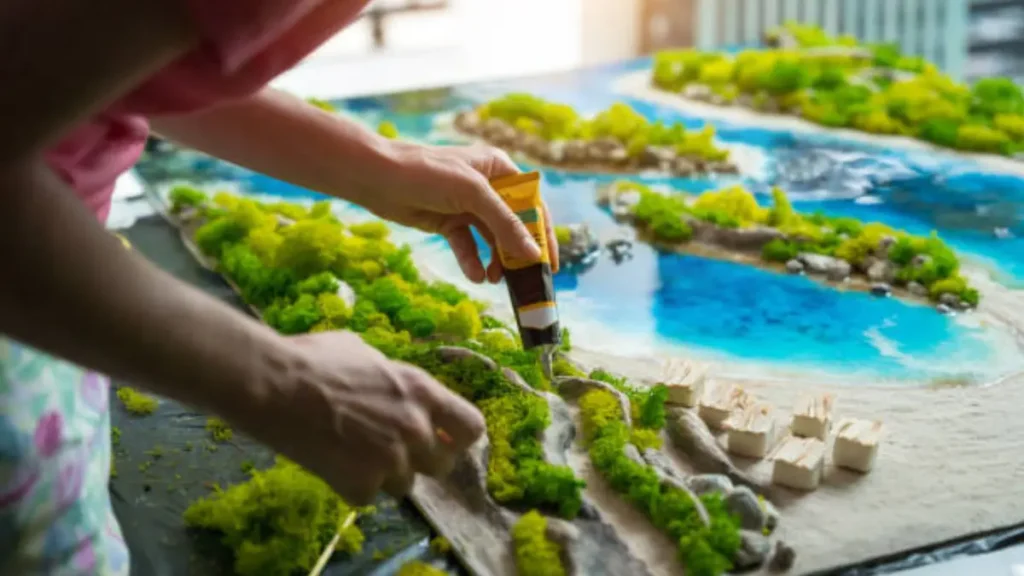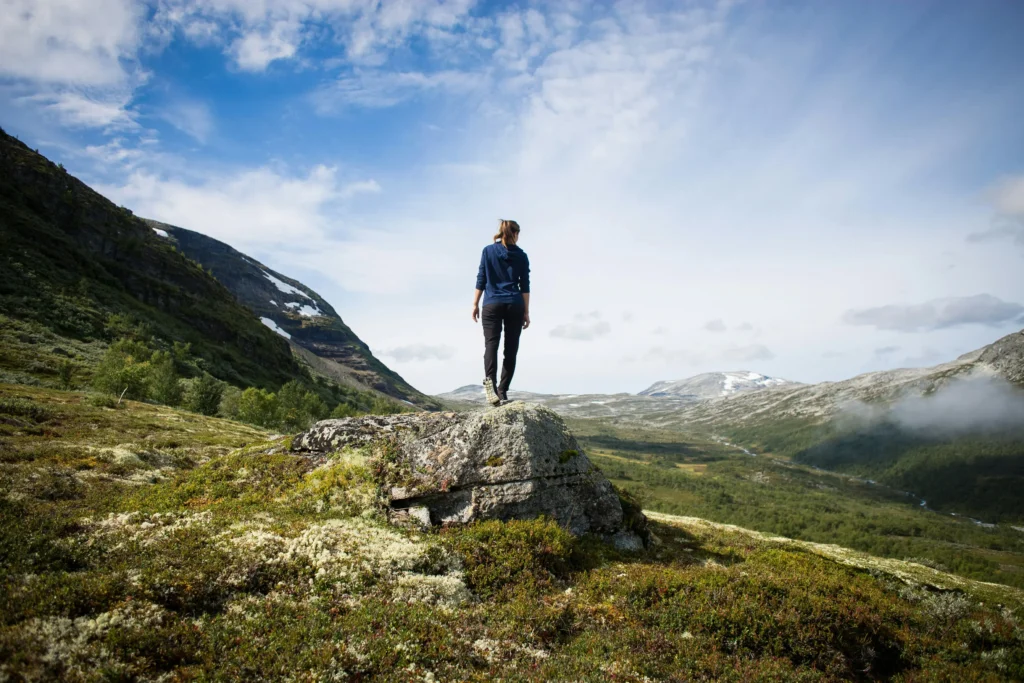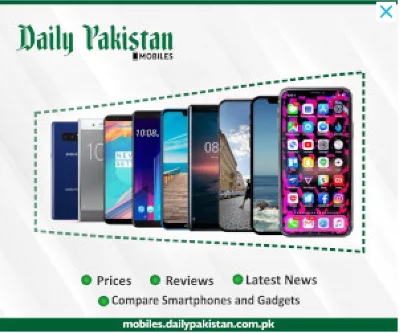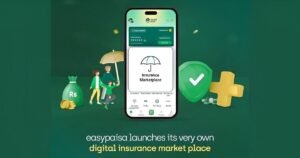The AURÖ Workshop 2025 is more than a meeting of minds. The workshop empowers young researchers in Environmental and Resource Economics through a powerful platform. Organized by the University of Mannheim and ZEW Mannheim, this academic event invites PhD students and Postdocs from Germany, Austria, and Switzerland to present their ideas and shape the future of the field. Held from February 19-21, 2025, the event fosters peer engagement, scientific networking, and practical training in sustainability research and economic modeling.
Participants explore real-world problems like natural resource management, climate policy, and environmental policy. The workshop combines theory, data, and discussion. It offers young minds a stage to share their findings, build research collaboration, and connect with others tackling the same environmental challenges. It’s not just a place to learn—it’s where future leaders in German-speaking academia are formed.
What Is the AURÖ Workshop and Why It Matters Today
The AURÖ Workshop 2025 is a respected academic event within the German Economic Association. It focuses on nurturing Young Researchers in Environmental Economics and Resource Economics. The goal is to guide early-career scholars through serious dialogue, idea exchange, and practical learning.
Today, the world faces urgent ecological and economic crises. From rising global temperatures to resource depletion, the challenges are real. Events like this provide timely and crucial support. They help bridge the gap between academic theory and policy action, making the workshop more important than ever.
The Urgent Need for Environmental Economists in Today’s World
Economists who focus on nature, energy, and resources are in high demand. Governments, businesses, and nonprofits all need experts in Environmental Policy and Natural Resource Management. Workshops like AURÖ create a future-ready generation of thinkers who can solve real problems with smart tools.
Shaping the Future: How AURÖ Supports Young Researchers
The workshop was created for PhD students, Postdocs, and early-career scholars. Its aim is to boost their academic journey through feedback, networking, and growth opportunities. Those who join can submit papers, receive feedback, and improve their Doctoral Research in a highly focused environment.
👉 Explore more academic blog posts that spotlight research development.
Mentorship is central to the experience. Experts in Climate Policy, Sustainability Research, and Economic Modeling provide personal insight. With hands-on learning and critical review, this Academic Workshop is a springboard for many who later lead in the field.
Voices from the Workshop: Quotes from Young Scholars
“The AURÖ experience gave me the clarity and confidence to publish my research,” shared a past attendee from Vienna. Another added, “It was the first time I saw how theory connects to the real world.”
Key Topics and Research Areas Explored at the AURÖ Workshop
This year, the AURÖ Workshop 2025 explores major issues like climate change, green taxation, land use, and energy efficiency. Scholars present work in Sustainability Research, Natural Resource Management, and the Economics of Environment. The aim is to find bold answers to today’s environmental crises.
Attendees also dive into topics such as Climate Policy, Workshop Submissions related to resource allocation, and the future of Environmental Policy. These ideas are shared, debated, and refined in small peer-led groups that encourage depth and exchange.
Table: Core Themes at AURÖ Workshop 2025
| Topic | Focus Area | Impact |
|---|---|---|
| Climate Economics | Carbon pricing | National climate strategies |
| Resource Policy | Water, land use | Efficient allocation tools |
| Circular Economy | Waste & reuse | Policy design innovation |
Real-World Impact: Projects and Findings Emerging from AURÖ
Many workshop submissions go far beyond the event. Past papers have been published in top journals or cited in real policy work. A study on renewable energy funding models even shaped local decisions in Southern Germany.
One recent case looked at the link between urban design and emissions. The author presented their findings at the workshop, revised the paper based on feedback, and later received a regional award. These results show that this Academic Workshop produces real change.

Example: Youth-Led Coastal Restoration Model (Florida Case Study)
A U.S.-based doctoral student used insights from AURÖ to design a coastal resilience model. Their work now supports grant planning for sustainable zoning in Florida’s coastal counties.
Academic and Industry Collaborations That Strengthen AURÖ’s Reach
While AURÖ centers on early-career scholars, it also brings in partnerships with large research institutes and policy bodies. Connections with the University of Mannheim, ZEW Mannheim, and ministries across Germany, Austria, and Switzerland give depth to the program.
These collaborations often lead to new projects or postdoctoral placements. For example, a joint initiative between AURÖ and an energy think tank supported graduate research into Germany’s transition away from coal. These ties boost visibility and long-term value for all participants.
Example: Joint Project with a U.S. Department of Agriculture
In 2023, a former AURÖ participant collaborated on a U.S. soil sustainability policy draft. This international partnership emerged directly from connections made at the workshop.
What Sets AURÖ Apart from Other Environmental Economics Initiatives
The AURÖ Workshop 2025 is not a lecture series. It’s interactive, intensive, and personal. Sessions are small, and every presenter receives detailed feedback. This approach helps researchers improve, adapt, and think critically about their work. It’s one reason why it stands out.
Unlike other workshops, AURÖ focuses on German-speaking academia, but with an eye toward global relevance. Its support network, research quality, and academic diversity set a high standard. It’s a place where Graduate Research becomes actionable, policy-ready work.
Fast Facts: Unique Features of AURÖ Workshop
| Feature | Value |
|---|---|
| Attendees | 30-40 early-career scholars |
| Focus Area | Environmental Economics & Resource Economics |
| Organizer | University of Mannheim, ZEW Mannheim |
| Region | Germany, Austria, Switzerland |
Final Thoughts: The Future of Environmental Economics Starts with AURÖ
The AURÖ Workshop 2025 is more than a short academic event. It is a launchpad for Young Researchers in Environmental Economics and Resource Economics. It helps shape careers, change minds, and influence environmental thought at large.
If you’re interested in making a real difference, the path begins here. From Call for Papers to real policy results, AURÖ builds skills, confidence, and community. This is where the future of the planet—and of economic thinking—gets its start.
👉 Read more in our insights and education blog to stay informed.
Frequently Asked Questions (FAQ)
What is the AURÖ Workshop 2025 about?
The AURÖ Workshop is an academic event for early-career researchers focused on environmental and resource economics. It promotes research, feedback, and collaboration.
Who can attend the AURÖ Workshop?
PhD students and postdocs from Germany, Austria, and Switzerland specializing in environmental and resource economics are encouraged to participate.
When and where is the workshop taking place?
The AURÖ Workshop 2025 will be held at ZEW Mannheim, Germany, from February 19–21, 2025.
What topics are covered at the workshop?
Core topics include climate economics, sustainability research, natural resource management, green taxation, and circular economy strategies.
Why is this workshop important for young researchers?
It offers a platform to present research, receive expert feedback, build academic networks, and develop skills crucial for careers in environmental policy and economics.








